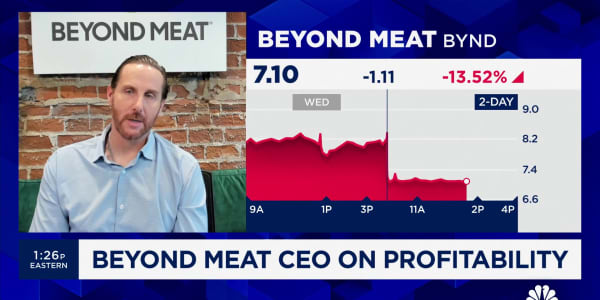Word that Goldman Sachs is encouraging its junior investment bankers to take weekends off initially prompted scoffing.
"I think it's a typo. They meant 'take a weekend off.' Like once a year," an analyst at a rival firm texted me this morning.
Matt Levine at Bloomberg is even more derisive:
Ahahahahahahahahahahahahaha "Goldman Pushes Junior Investment Bankers to Take Weekends Off." "Sorry boss, I'd love to put together that pitchbook, but the junior banker task force encouraged me to go see a show this weekend." Junior investment bankers are famously useless -- they don't know anything or see clients -- but they make up for it by working like dogs and being available at all hours to make their senior bankers' lives a bit easier. (That's also how they earn their salaries, and justify them to themselves. "Well if you consider my hours I'm practically making minimum wage" is an untrue thing you sometimes hear.) If they work nine to five what is their value proposition?
When I worked in law and finance, I heard a version of this all the time. If you complained about the hours or the quality of your life, you were told that your willingness to sacrifice everything for the job was "why you earn the big bucks."
This was never really true. The reason anyone earns "the big bucks" is because the market has priced their labor at a high level.
Which is why Goldman's move isn't really as nuts as it sounds to Levine and other veterans of Wall Street.
Junior investment bankers may be a bit useless but that doesn't mean they are worthless. At least some of them eventually become senior investment bankers, with the potential to earn a lot of money for their firm. That potentiality is valuable—which is one reason investment banks pay kids straight out of college six figures (once you count bonus and salary).
What's more, Goldman knows that it faces a big employee retention challenge.
It has dramatically increased its hiring at the most junior levels, while it has also made moves to winnow its midlevel and senior ranks. As I explained last year, this appears to be part of an overall, long-term greedy strategy on Goldman's part:
Goldman's demographic shift seems to be a long-term bet on Wall Street's future.
The shift implies that Goldman thinks the next few years will be a tough slog for Wall Street, without many great money-making opportunities. But beyond that, opportunity should open up again. And by that time, Goldman will be ready with a horde of middle- to senior-level staffers recruited when the economy was slow.
Perhaps the biggest challenge facing this strategy, however, has been the boom in technology jobs.
For almost a decade following the dot-com bust, Wall Street firms had their pick of the smartest kids coming out of the top schools. But now they are once again competing for bright young things who have the opportunity to work at Google, Facebook, Twitter or plunge themselves into the startup scenes of New York City and San Francisco.
These jobs pay very well. According to the job search site Indeed.com, the average salary for an entry level software engineer in New York City is $71,000—just about the average for an entry level investment banker.
And, just like on Wall Street, the brightest kids coming out of the best schools can make far more by landing the harder-to-get jobs at the most competitive companies.
(Read more: Wall Street's (Other) Great Deleveraging.)
For the most part, the jobs in tech are just better jobs. The senior people you work for are less likely to treat you as if you are "useless" and only worth what you're paid because you are "available at all hours."
The work is more psychologically rewarding and has less social stigma attached to it. You don't have to wear a tie. And there is the perception among young people that the potential financial upside is larger in tech than in banking (this is not entirely accurate but that's beside the point).
Goldman's move to free up the weekends of investment banking analysts is no doubt driven by an understanding that the market has changed. Finance no longer has a monopoly on smart kids looking to make a lot of money. It has to compete to win them away from tech.
(Read more: Major changes under way at Goldman)
This will be a hard thing to manage internally. There are lots of people on Wall Street who think exactly like Levine.
Working 100 hour weeks is almost a form of hazing. The mid-level guys think the junior guys and gals should have to go through it because that's what they went through. There will be the temptation for mid-level guys to undermine this initiative and junior-level bankers will feel pressure to work weekends just to show how dedicated they are.
For its own sake, Goldman will have to make a big effort to make sure this doesn't happen. Whatever the official policy might be, the reality will be known to future recruits.
—By CNBC's John Carney. Follow him on Twitter @Carney






